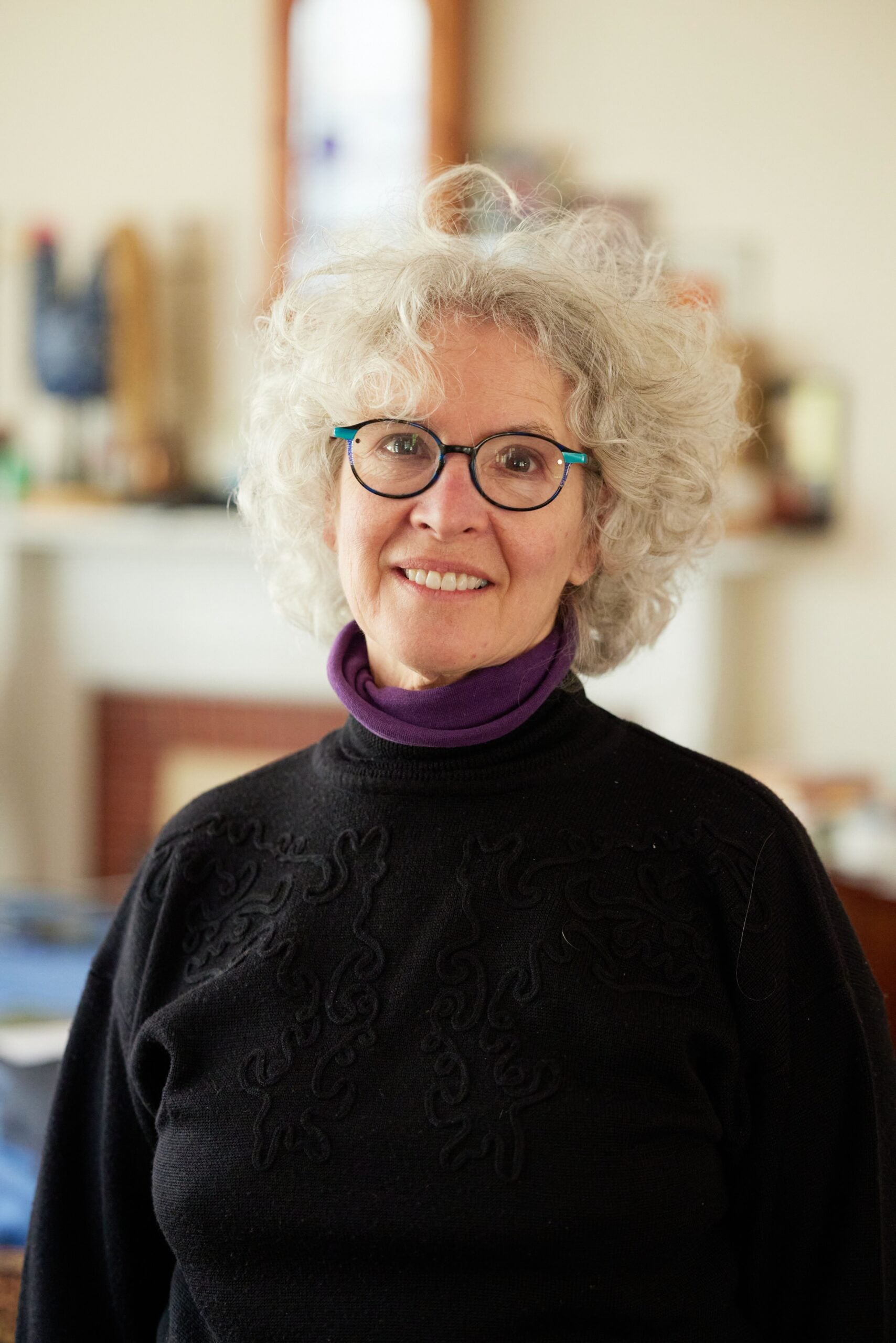In a recent case, Dr. Nam, Deputy Head of Abdominal Surgery Department 1 at K Hospital in Hanoi, faced a challenging situation with a patient who refused surgery for stomach cancer. Despite the doctor’s efforts to explain the benefits of surgery in prolonging the patient’s life, he chose to opt for herbal medicine instead. This reluctance to undergo medical interventions is a common issue that many doctors face, leading to tragic consequences for patients.
Similarly, an 84-year-old man with colon cancer refused treatment out of fear of surgery. His condition worsened over time, and when his family finally brought him to the hospital in a critical condition, it was too late to save him. The doctor reflects on the challenges of convincing patients to trust modern medicine and the importance of creating trust between doctors and patients.
The reasons behind patients refusing treatment are multifaceted. Many patients in Vietnam refuse treatment due to a lack of understanding of their condition and traditional beliefs in alternative medicine. The high cancer rates in the country add to the urgency of addressing this issue, with over 300,000 people affected by the disease each year.
Economic challenges also play a role in patients’ decisions to forgo treatment, as many cannot afford the costly therapies available. Despite advancements in cancer treatments such as targeted therapy and immunotherapy, many patients do not have access to these options due to financial constraints.
Doctors emphasize the importance of staying committed to medical treatments and not abandoning care prematurely. They stress that open discussions between healthcare providers and patients are essential for making informed decisions about their treatment.
The issue of reluctance among patients to undergo medical interventions highlights the need for increased education on cancer treatments and alternative medicine options. It is crucial for healthcare providers and policymakers alike to work together towards improving accessibility and affordability of cancer treatments while also respecting cultural differences and individual preferences.


